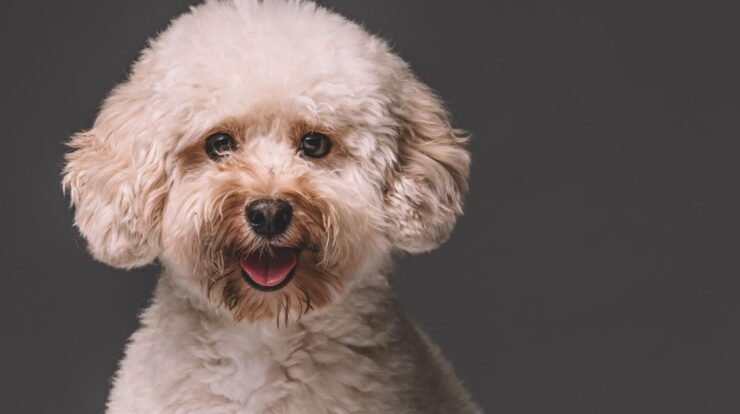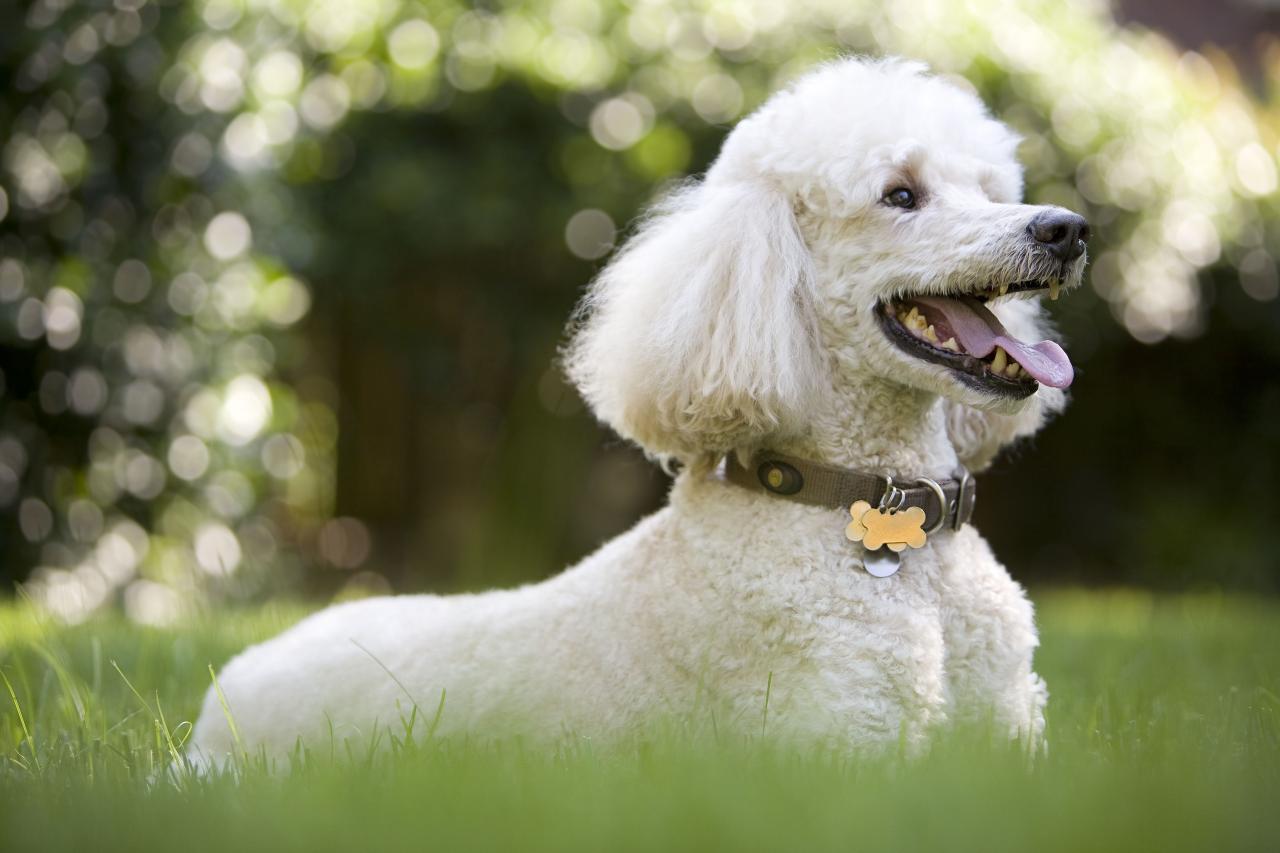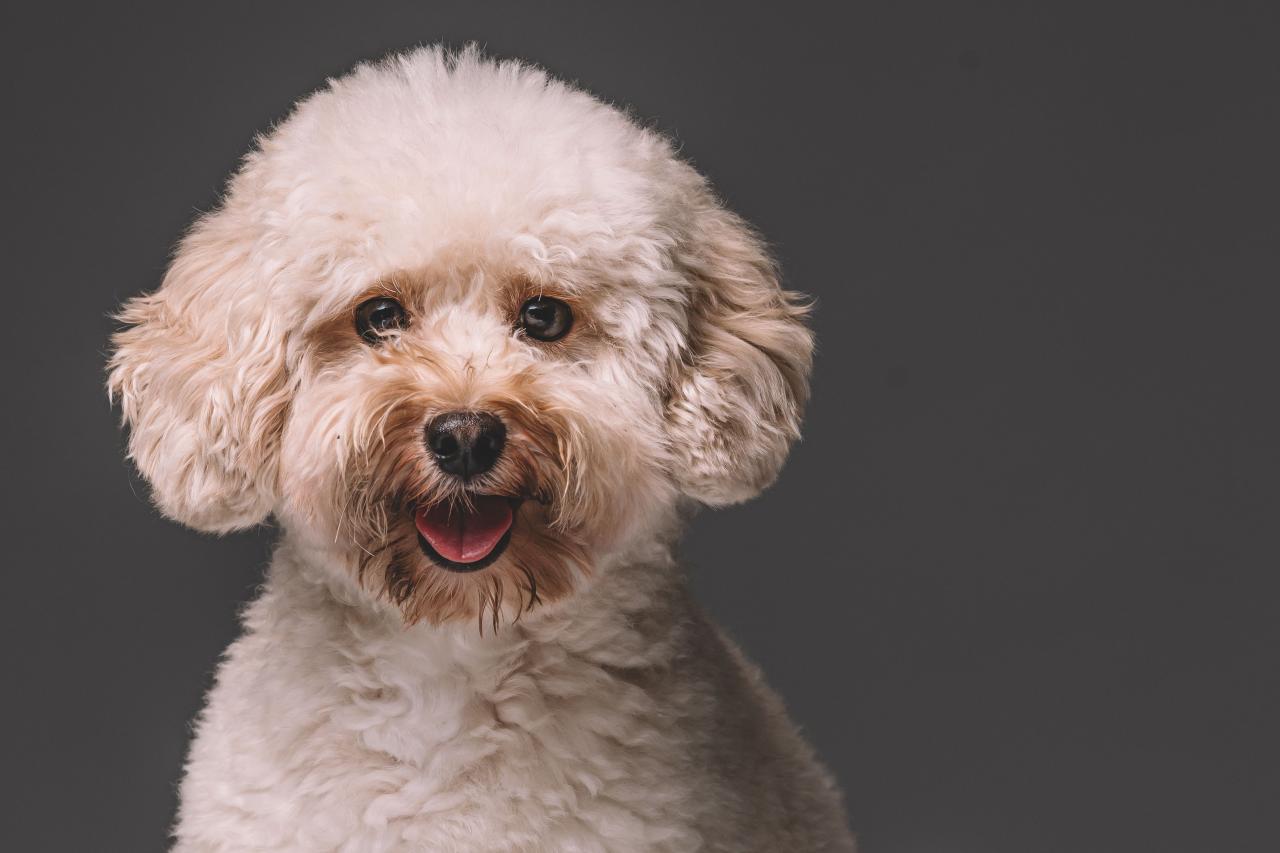
Poodle meaning delves into the captivating world of this iconic breed, exploring its etymology, distinctive traits, endearing personality, historical significance, and the special bond it shares with humans.
From its origins as a versatile working dog to its status as a cherished companion, the poodle has left an indelible mark on history and culture, captivating hearts with its intelligence, loyalty, and undeniable charm.
Etymology of “Poodle”

The term “poodle” has a rich history, with its origins shrouded in debate. One prominent theory suggests that the name derives from the German word “pudel,” meaning “to splash in water.” This theory aligns with the poodle’s affinity for water and their historical role as water retrievers.
Another theory posits that the name originated from the Dutch word “poedel,” which refers to a type of curly-haired dog. This theory aligns with the poodle’s distinctive curly coat, a defining characteristic of the breed.
Physical Characteristics of Poodles
Poodles are renowned for their distinctive physical traits. Their signature curly coat, a non-shedding and hypoallergenic feature, makes them ideal for individuals with allergies. Poodles come in three recognized sizes: standard, miniature, and toy, each with its own unique height and weight range.
The poodle’s coat exhibits a wide array of colors, including black, white, gray, apricot, and red. Their grooming requirements are extensive, with regular brushing and professional grooming sessions essential to maintain their distinctive appearance.
Temperament and Personality of Poodles: Poodle Meaning

Poodles are known for their exceptional intelligence, loyalty, and playfulness. They are eager to please and highly trainable, making them suitable for a variety of activities, including obedience, agility, and therapy work.
While the temperament of poodles is generally consistent across sizes, there are some subtle differences. Standard poodles tend to be more independent and protective, while miniature poodles are often more affectionate and playful. Toy poodles, known for their vivacious personalities, can be both affectionate and independent.
Poodles as Companions
Poodles make excellent companions due to their affectionate nature, adaptability, and trainability. They are highly devoted to their families and thrive in environments where they receive plenty of attention and affection.
Poodles’ intelligence makes them easy to train, and their adaptability allows them to fit into a variety of lifestyles. They are equally comfortable in urban apartments or spacious homes with ample outdoor space.
Poodles in History and Culture
Poodles have a rich history, dating back to the 15th century. They were initially bred as water retrievers and later became popular among European royalty and the aristocracy.
Poodles have been featured in numerous works of art and literature, including paintings by famous artists such as Goya and Manet. They have also appeared in popular culture, from movies to television shows, showcasing their enduring popularity and cultural significance.
Health and Care of Poodles
Like all breeds, poodles are prone to certain health concerns. Hip dysplasia, a condition that affects the hip joint, is common in standard poodles. Eye problems, such as progressive retinal atrophy (PRA), can also occur.
Regular veterinary check-ups, a healthy diet, and proper exercise are crucial for maintaining the health and well-being of poodles. Their grooming requirements, including regular brushing and professional grooming, should also be followed to prevent matting and skin irritation.
Final Wrap-Up
In the realm of canines, the poodle stands as a testament to the enduring power of human-animal connection. Its multifaceted nature has woven it into the tapestry of our lives, making it not just a breed but a symbol of companionship, adaptability, and unwavering devotion.
Commonly Asked Questions
What is the origin of the poodle’s name?
The exact origin is uncertain, but theories suggest it may derive from the German word “pudel” meaning “to splash in water,” reflecting the breed’s affinity for aquatic activities.
What are the different sizes of poodles?
Poodles come in three distinct sizes: standard, miniature, and toy, each with its unique characteristics and charm.
Are poodles hypoallergenic?
Yes, poodles are widely considered hypoallergenic due to their low-shedding, curly coats, making them a suitable choice for individuals with allergies.





